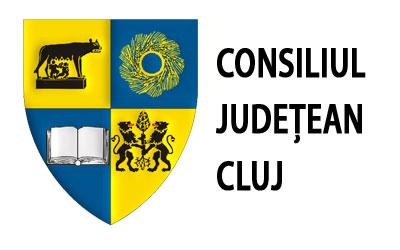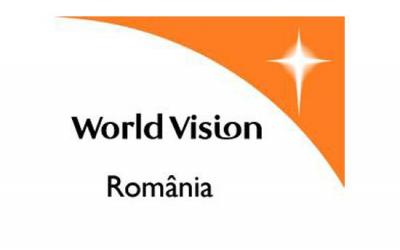Sebastian Paic
Muzeul Etnografic al Transilvaniei
paic.sebastian@gmail.com
Netnography deals with ethnographic type of research on internet. Although the history of the field dates back to 1980, when the first networks where created, in the Romanian ethnographic specialized literature there is not yet a proper approach neither in the academic sphere nor at the level of university education. This paper aims to briefly present this scientific area, emphasizing its development and main features. Adjusting research methods of classical ethnography in virtual space involves a series of epistemological expansions, expressed by broadening the meaning of specific notions such as space, place, border, enculturation, tradition, cultural group and others. At the same time, it is necessary to discuss some ethical aspects generated by the type of interaction of the researcher with the subject and between the individuals of a cultural group. Intermediation of technology can limit access to the individual's real feelings, beliefs, behaviours, or reasoning. The screen of the device becomes a mask that the user manipulates according to current interests or according to his own projections. The problem of these masks is also present in classical ethnographic research, but in this case it deepens and acquires new valences. Nevertheless, study of netnography involves a number of valuable applications such as marketing or sociology and, especially, the understanding of man in the modern context, whose dynamics are specific and determined by the world of the internet.
Keywords: netnography, the history of netnography, epistemological expansions, deontological aspects, applications










